How Soon Can You Refinance After Buying a Home?

So, you just bought a home, congrats! But now you’re eyeing falling rates or better terms. Naturally, you’re asking: How soon can I refinance? You’re not alone. Thousands of homeowners are doing the same math. Let’s make this simple.
Whether you're looking to lower your monthly payment, switch loan types, or cash out equity, this guide breaks down the exact timelines, lender expectations, and smart strategies that work.
Typically, you need to wait at least six months to refinance, depending on your loan and lender. But there are exceptions and opportunities.
Key Takeaways:
- Refinance eligibility often starts at 6 months post-purchase, depending on loan type and lender.
- Strategic refinancing can reduce your rate, monthly payment, or eliminate PMI.
- Timing matters: Understand equity, rate shifts, and lender policies before applying.
- Compliance matters: Know the disclosures, credit impacts, and appraisal rules.
When Can You Refinance After Buying a Home?
1. Minimum Waiting Periods
While there’s no universal rule, most conventional lenders require:
- 6 months for rate-and-term refinancing.
- 12 months for cash-out refinancing.
Exceptions? If you’re refinancing from a non-QM (non-qualified mortgage) or private loan to a conventional one, the waiting period may vary.
2. Lender Requirements
Lenders assess these factors:
- On-time mortgage payments (no late payments during waiting period).
- Sufficient home equity (often 20%+ for best terms).
- Stable income and credit profile.
Pro Tip: Some lenders waive the 6-month rule if you're lowering the rate significantly and improving affordability.
3. Rate Market Trends
Timing your refi can save thousands. If rates drop below your original rate by at least 0.75%, refinancing could be worthwhile.
Use trusted resources to track daily rate trends:
Is It Too Soon to Refinance?
It depends on your "break-even point", the time it takes for your monthly savings to cover refi costs.
Quick Math Example:
- Refinance costs: $4,000
- Monthly savings: $200
- Break-even: 20 months
If you plan to stay longer than 2 years? You struck gold.
Heads up: Some lenders have a "seasoning requirement" for loan eligibility or mortgage-backed securities. Always ask.
How Does Refinancing Affect Credit?
A hard credit inquiry may temporarily dip your score by 5-10 points. But timely payments and better loan terms can boost your score long-term.
Pro Tip: Rate shop within a 45-day window to minimize multiple hard hits (FICO counts them as one).
Commission-Free and Compliance-Centric Solutions
Platforms like reAlpha help you buy commission-free, saving thousands from day one. And with Be My Neighbor, a transparent, expert-led mortgage lender, you get refinancing options that put clarity and cost control first.
Why It Matters:
- You avoid sales pressure.
- You get clarity on rates and fees.
- You stay in control of your mortgage future.
Conclusion: Your Refinance Clock Starts Now
You don’t have to wait forever to refinance. Strategic timing can lead to thousands in savings, reduced payments, or even equity access. Your situation, lender policies, and market trends all play a role.
If you're ready to take the next step:
- Platforms like reAlpha help you buy commission-free, saving thousands from day one.
- And with Be My Neighbor—a transparent, expert-led mortgage lender—you get refinancing options that put clarity and cost control first.
FAQs
How long after buying a home can I refinance?
Most lenders require 6 months of on-time payments, but some allow earlier refinances with certain conditions.
Can I refinance before 6 months?
Yes, but options are limited. If rates dropped or your credit improved significantly, speak to a lender about exceptions.
What type of refinance can I do after buying?
- Rate-and-term: Replace current mortgage for a better rate.
- Cash-out: Access equity for renovations, debts, or investments (usually after 12 months).
Will refinancing hurt my credit score?
A small dip (5-10 points) is common due to the credit pull. Long-term, refinancing may help your score.
Are there closing costs when refinancing?
Yes, typically 2-5% of your loan amount. But some lenders offer "no-closing-cost" loans with a slightly higher rate.
Disclosure: All mortgage terms and refinance options are subject to underwriting approval and lender policies. Rates and availability may vary by state and applicant credit profile. Be My Neighbor, NMLS #1743790, is a licensed mortgage broker in multiple states. Realpha is not a lender and does not earn commissions from borrower mortgage transactions.
Always consult a licensed loan officer before making any refinancing decisions.


.avif)
.avif)
.avif)
.avif)
.avif)
.avif)
.avif)
.avif)
.avif)
.avif)
.avif)
.avif)
.avif)
.avif)
.avif)
.avif)
.avif)
.avif)
.avif)
.avif)
.avif)
.avif)
.avif)
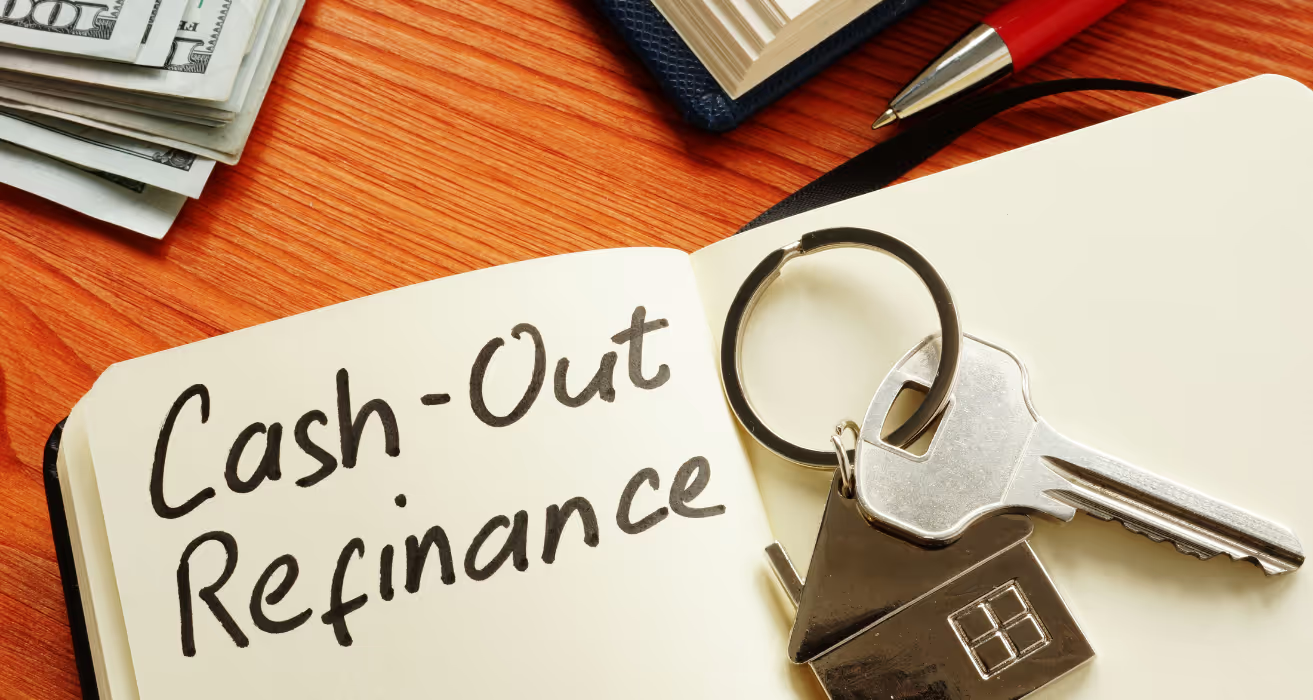
.avif)
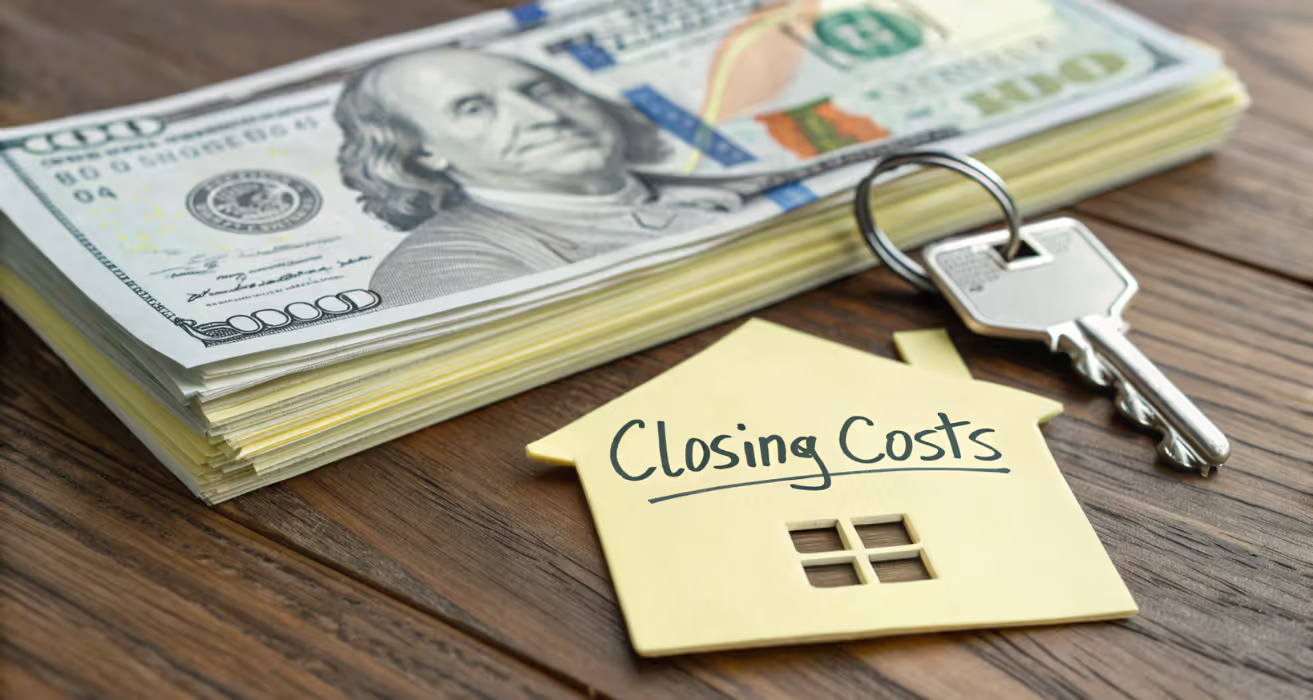
.avif)
.avif)
.avif)
.avif)
.avif)
.avif)
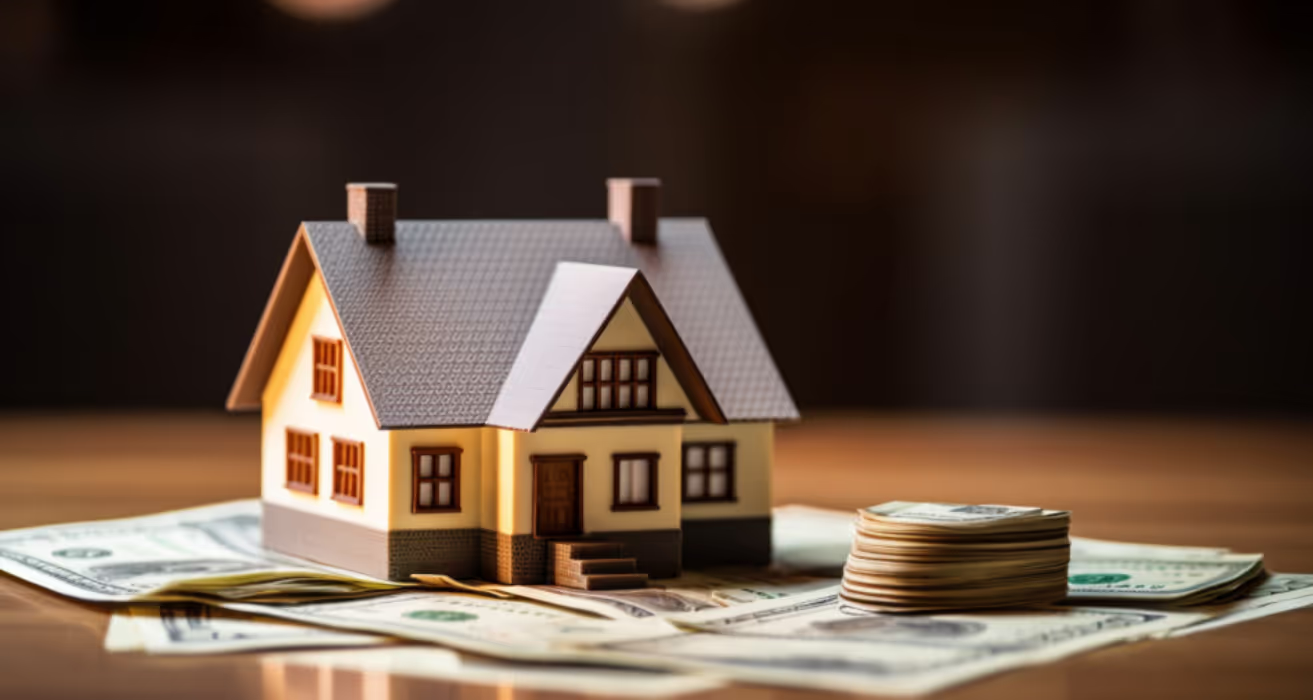
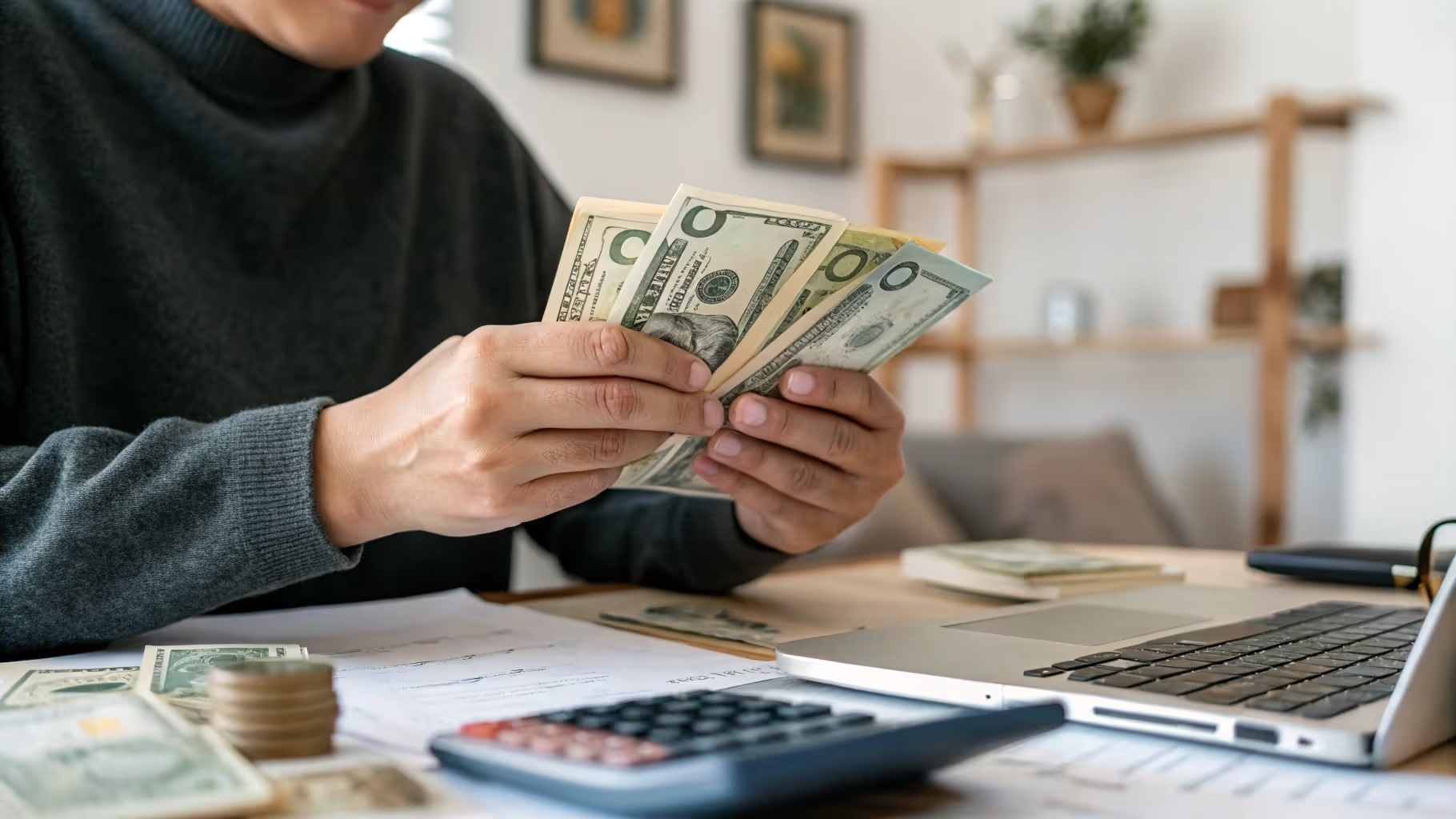
.avif)

.avif)

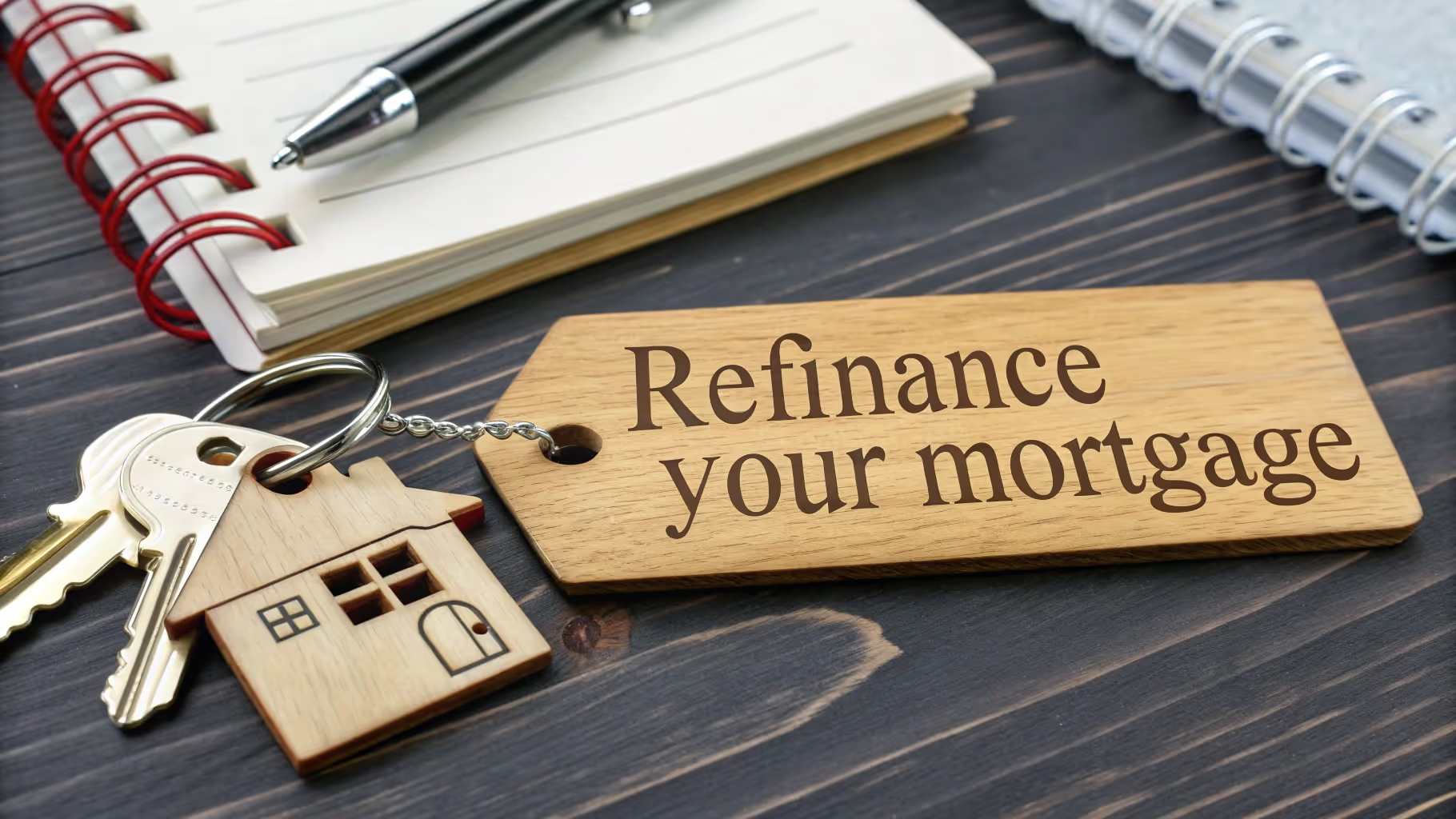


.avif)
.avif)
.avif)
.avif)
.avif)
.avif)
.avif)
.avif)
.avif)
.avif)
.avif)
.avif)
.avif)
.avif)
.avif)
.avif)



